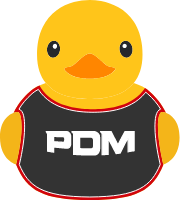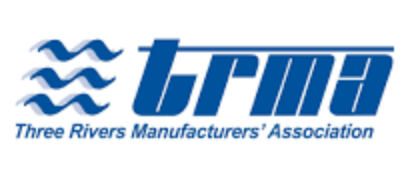Home » Blog » Water Softener Service
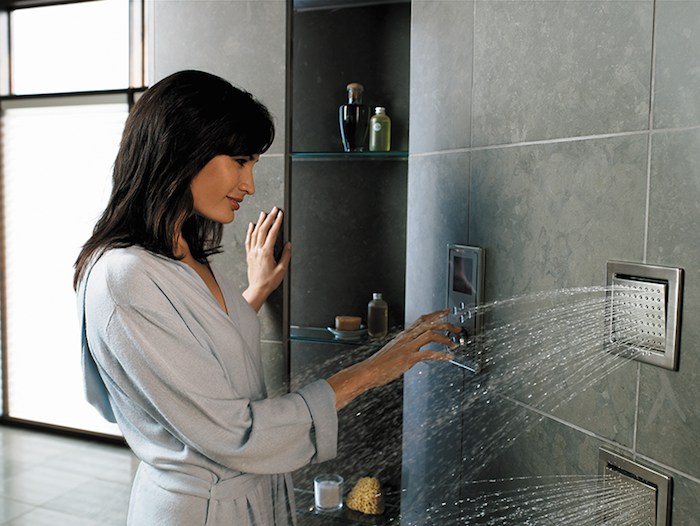
BENEFITS AND COMFORT - JOLIET SW CHICAGO SUBURBS
Advantages of a water softener
Is hard water leaving your skin dry, your dishes spotty, and your laundry dull in the Will County area?
A water softener offers the perfect solution! Imagine the relief of softer skin and hair, the satisfaction of sparkling clean dishes without residue, and laundry that truly feels clean. By preventing mineral buildup, a water softener also boosts the efficiency and lifespan of your water heater, all while reducing your consumption of soaps and detergents.
Take control of your water quality and enjoy a more comfortable and cost-effective home today!
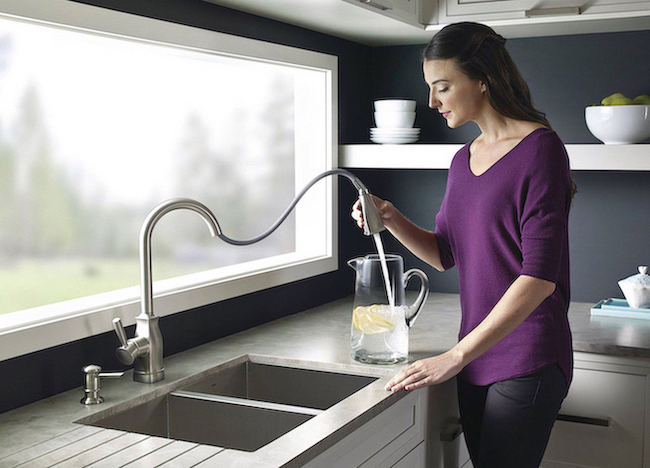
THE STICKY COSTLY TRUTH
Hard water sticks to everything
Hard water and soap create a sticky bond, coating everything from your skin and hair to your clothes and household surfaces with a stubborn film. This isn't just annoying; it makes life more expensive and cleaning a constant chore.
The Downside of Hard Water:
- Sticky Residue: A reaction with soap leaves a film on skin, hair, and clothes.
- Laundry Issues: Reduced detergent effectiveness leads to dingy, stiff clothes with mineral buildup.
- Dishwasher Spots: Glassware and dishes become spotted and can even be etched.
- Cleaning Difficulty: Mineral deposits make cleaning a tougher, less effective job.
A water softener is the smart solution, acting like your personal cleaning assistant by removing the minerals and preventing these frustrating problems.
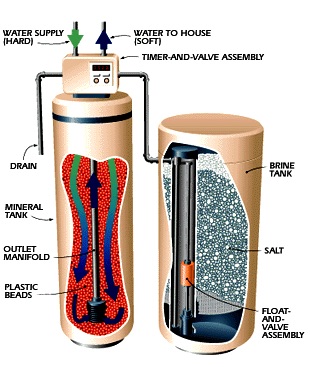
LOCAL WATER SOFTENER SOLUTIONS
What is a water softener?
A water softener is an appliance designed to eliminate calcium, magnesium, and other minerals from your water supply.
Inside, resin beads employ a process called ion exchange to trap these "hard" minerals, replacing them with sodium or potassium ions. This results in softened water for household use. The softener periodically regenerates its resin by flushing it with a salt solution to remove the accumulated hardness minerals.
So, water softeners essentially trade out the hard water minerals for sodium, making the water softer and easier to use in your home.
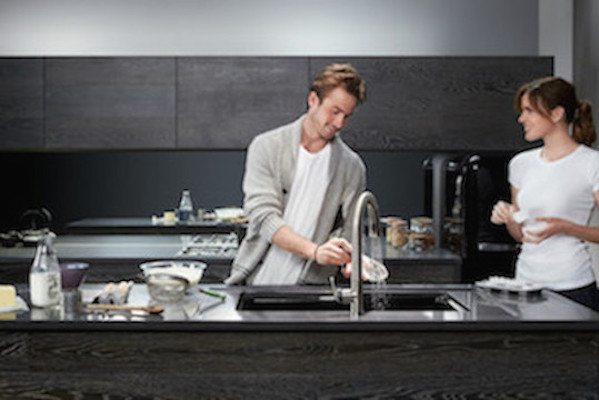
MAINTAINING SOFTENERS SINCE THE EARLY 1900s
Get Your Free Joliet Water Softener Estimate Today
Discover the right water softener solution for your home. We'll quickly assess your water usage and test its hardness to recommend the perfect system – all with a clear, upfront price.
Our expert team ensures a seamless installation, from careful preparation to thorough cleanup and a complete explanation of your new softener. You can count on courteous, trained technicians, quality products, and our "100% satisfaction guarantee."
Say goodbye to hard water hassles! Call our trusted team now for expert advice and ask about our financing options.
Serving the great Channahon, Plainfield, Romeoville, New Lenox, and Joliet, IL areas.
.
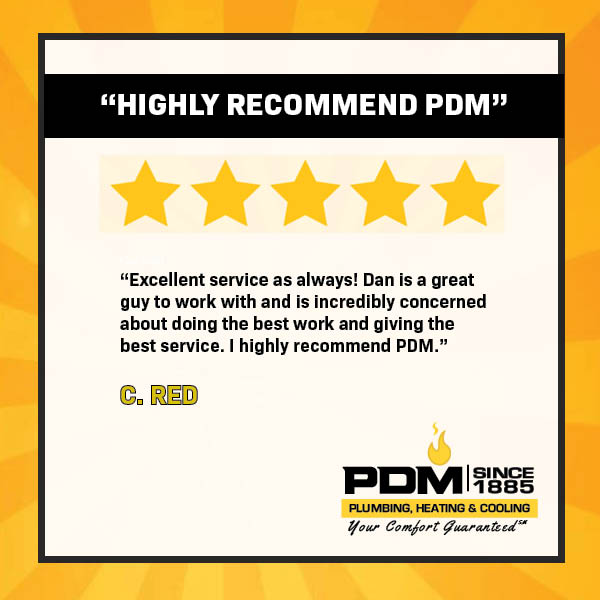
.
CALL THE OLDEST
Free Joliet water softener estimate
- We'll begin by asking a few questions about your water usage. For example, a normal person in the USA uses about 75 gallons of water a day. That will help us select the proper softener size.
- Your water will be tested for hardness (per gallon), and then multiply your hardness times the number of gallons you use per day. That's the amount of hardness your softener must remove in one day.
- You'll receive our recommendations on the proper water softening equipment and an upfront price.
- Once you decide, we'll go to work planning how to make the installation look its best. We'll prepare the area, make sure it's safe, and then clean up when complete. We'll test the equipment, then explain its operation.
- You'll receive courteous, trained technicians, quality products, pricing before work begins, a "100% satisfaction guarantee," and a proven track record.
- Call a trusted water softener team for solid hard water advice. Financing available.
